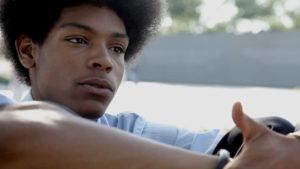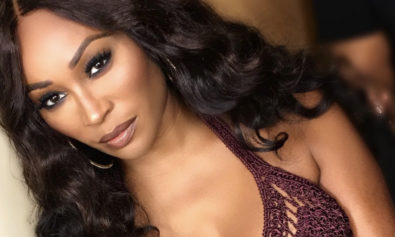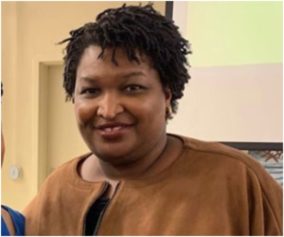
Why are Black millennials leaving the church?
The Black church has long stood at the center of Black communities as a place of worship and social advocacy. The civil rights moment saw religious leaders like Martin Luther King Jr., Andrew Young and Joseph Lowery on the front lines of marches, preaching and pushing policy reform while strengthening community morale through faith and fellowship.
The front lines of modern racial justice movements find Black people less likely to religiously affiliate or emphasize a role for the Church in activism. Although still a backbone of community support, the Church is not serving Black youth like it used to. According to a study by the Pew Research Center, 19 percent of Blacks under 30 are unaffiliated with a religion, compared with just 7 percent of Blacks aged 65 and older. The statistic represents a growing divide between young people and Christianity and raises concerns about its importance in the future of Black liberation.
Growing up the son of a pastor in a non-denominational Black church taught me intimate lessons about the temporary nature of hardship. I use the security blanket I found in Christ as a spiritual defense against the systems of oppression that I feel incapable of defeating on my own. I still find, however, a gap between my faith and my realities. Today’s church feels mostly like an apolitical refuge — a haven of worship where hope for a better future speaks over active solutions to political strife.
The Reverend Dr. Brianna Parker, preacher and founding curator of The Millennial Cafe, posits that for Black millennials, “relevant ministry resists and corrects immoral policies and practices in over-policed neighborhoods, challenges police forces that lack diversity and agitates policies set out to destroy us.” Millennials want church leaders who use faith to imagine real solutions to social issues affecting Black people. Absent from my church are lessons on how to cope and mobilize after witnessing the deaths of Philando Castile, Alton Sterling, Terence Crutcher and countless others.
We came of age in a time segregation where water fountains and bathrooms were shared between Blacks and whites, and racism was socially condemned across racial lines. Our version of racism manifests through secret employment discrimination, economic inequality, microaggressions and a corrupt judicial system. Black people born between 1978 and 2000, with increased access to education, have had an edge in learning these systems, but still struggle to find ways to dismantle them. As social media allows us to receive, process and pass on information faster than generations before us, we seek out religious leaders that affirm and shape our ability to speak for ourselves rather than ones who speak on our behalves.
James Baldwin concludes in “The Fire Next Time,” “If the concept of God has any validity or any use, it can only be to make us larger, freer, and more loving. If God cannot do this, then it is time we got rid of Him.” His theory places collective Black liberation and empowerment at the center of the faith. While the Bible contains lyrics on love, forgiveness, humility and wisdom, it also preaches social rules written for an ancient socio-cultural society. The book contains passages that, when read literally, condone sexist and homophobic thought, which many Millennials recognize as counter to collective Black empowerment. A recent study by the Center for American Progress found that 56.6 of Americans under 30 have progressive attitudes toward cultural and social values, compared with 50.1 percent over 30. The study also found that a larger margin of younger Americans do not view changes in the traditional family as a threat to society.
We are inclined to use the holy book as a foundation and not a rulebook, to take from it what will help us uplift one another across intersections of identity. We’re inclined to use Christianity similarly, simultaneously recognizing how it can be a damaging force and how we can use it for good.
Barbara Dianne Savage, professor of history at the University of Pennsylvania, theorizes that “the Black church,” as a concept, “has taken on a life of its own, implying the existence of a powerful entity with organized power.” Savage stresses the ways in which church and politics have historically been in conflict but managed to cooperate in resistance to systemic oppression. The Black church intersected with political power because religious leaders were publicly active in politics, and used faith to confront societal ills rather than run from them.
The Black church must understand where spirituality and religion intersect and contradict. It must challenge its leaders to build individual agency in its congregation members. If the church hopes to maintain relevancy among Millennials, its leaders and members must honor its social function while breathing modern life into its methods.


